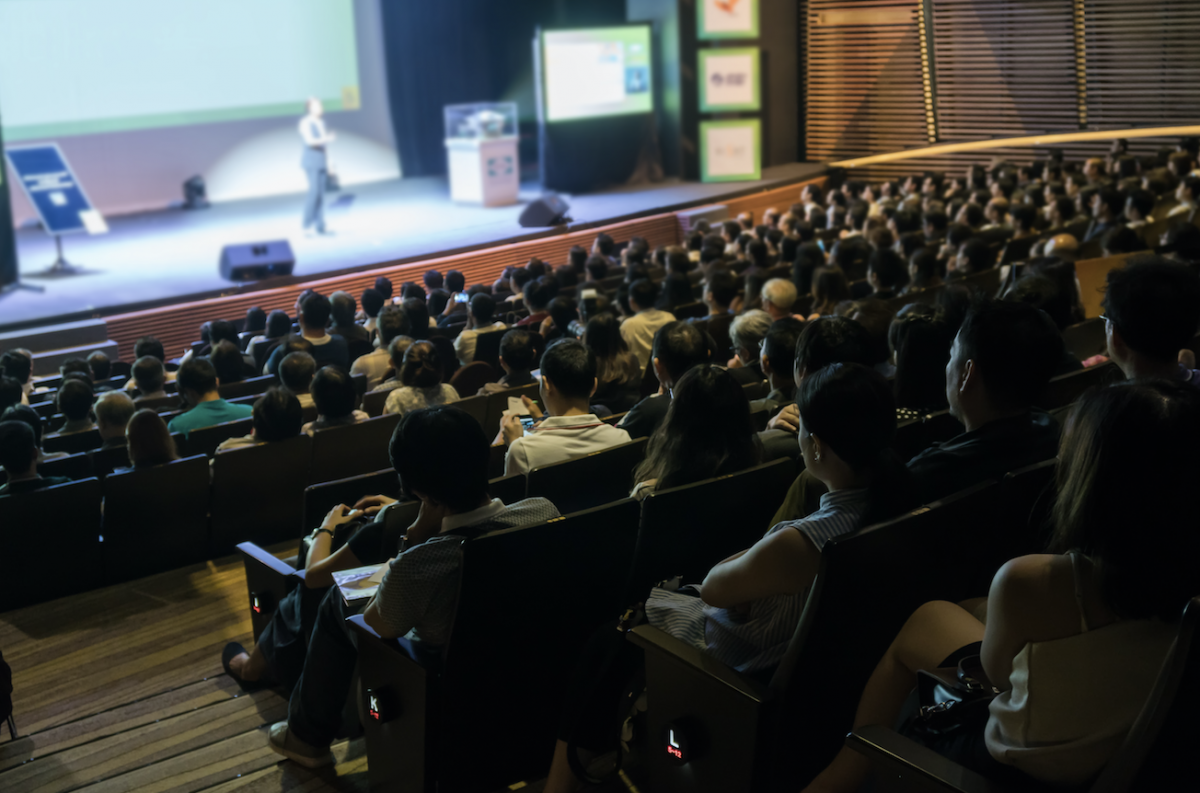
Setting the Record Straight: What the Executive Branch Can and Cannot Do to Nonprofit Organizations
04.21.2025 | May L. Harris, Esq., MA

From time to time, we engage in random policy wonkery, recommending to readers provocative tidbits from policy experts, observers, and other thought leaders.
For example, in Nonprofit Sector Featured in New Slate Series, (August 28, 2018), we highlighted a series that Slate magazine launched in May 2018, featuring noted philanthropy commentator, Felix Salmon. Titled Introducing the Slate 90: A dive into the multibillion-dollar nonprofit sector, the “Slate 90” refers to the 90 biggest American-based charities (by revenue) in nine categories. The editors hoped to “offer a …robust and useful portrait of the tax-free economy.” They were mindful of an earlier Slate series in the 1990s that was well-intentioned but had “missed the bigger story of the billions of dollars in tax-free revenue that flow in and out of the coffers of nonprofit institutions in the U.S.”
Similarly, in Rethinking the “Scarcity Thinking” That Holds Back Nonprofits (June 26, 2018), we wrote about a renewed effort by Neil Edgington, President of Social Velocity, to urge the nonprofit sector to get off the destructive “starvation cycle” mindset. Edgington’s March 2018 article, Nonprofit Scarcity Will Get You Nowhere, is an update to his earlier writings on the topic.
TED Talks Inspiration
Now, we turn to the TED Talks recommendations of Scot Chisholm, the young CEO and co-founder of Classy, the popular Southern California social enterprise that sponsors “world-class online fundraising software for nonprofits” and has “enabled millions of donations from over 190 countries.”
This highly successful endeavor developed from a single fundraising idea, a pub crawl in the Pacific Beach section of San Diego, organized by Scot and his friends. They wanted to devote some of their free time to fundraise for cancer research; most of them had close family members who had succumbed to the disease. Over the next few years, this core group sponsored dozens of fundraisers including concerts and races.
“Each event benefited local nonprofit organizations, and engaged young people in philanthropy in new and cool ways.” They realized that “[a] new wave of young people were hungry to change the world, but nonprofits seemed to be missing the opportunity to engage these modern philanthropists in a meaningful way.” So they set out to “build an online fundraising platform that would help connect our young event attendees with our nonprofit beneficiaries in a more meaningful way.”
In 2011, they launched an improved version of the Classy fundraising platform, offering it to any nonprofit interested in using the software for its own campaign and events. Today, Classy has a staff of over 220 people and serves more than 4,000 nonprofits and social enterprises around the world including Oxfam, The World Food Programme, and National Geographic.
In the Classy blog, Scot and his team have taken their organization’s experience of a “unique window into a community of innovative nonprofit leaders” and created a “top 10 TED Talks for nonprofit leaders.” He explains: “These are people who are out there innovating, inspiring supporters, and creating impact every day of the year, in places all over the world” with important ideas to share.
The top 10 Ted Talks selections are:
Conclusion
There are, of course, many more TED Talks that are helpful as educational and inspirational tools for the nonprofit community and leaders. But this special list of TED Talks arises from a perspective often overlooked but well worth the time to explore.
